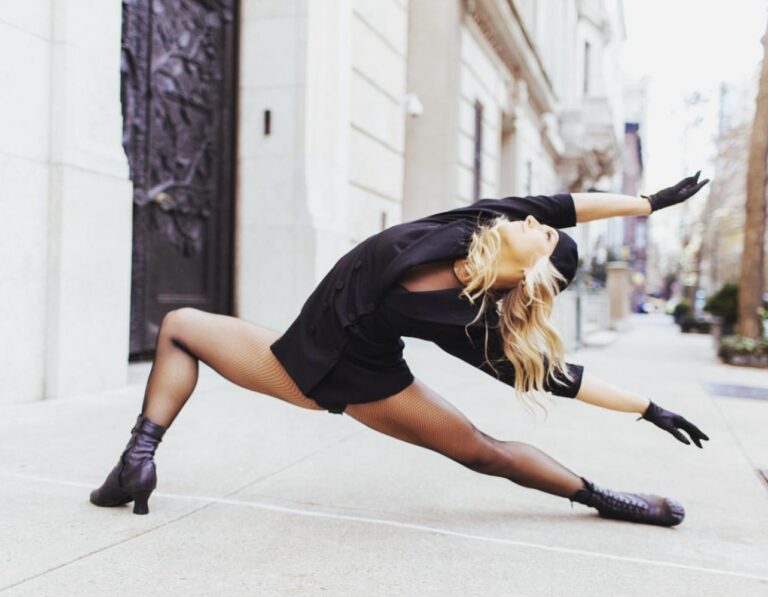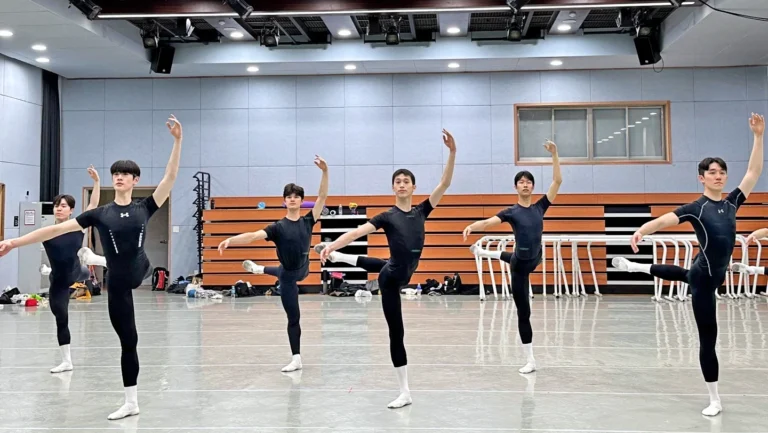For most dance studios, recitals are not only the biggest event of the year, but the biggest expense as well. Theater rental, sound and lighting technicians, recital programs, gifts for teachers and staff, costumes and accessories, refreshments—the list seems endless. However big or small your studio, recital expenses are enough to take your checkbook for a wild ride on a non-refundable, one-way ticket to debtsville. That is, unless you take the time to both create, and stick to, a recital budget.
“Planning for a recital takes a lot of time, attention to detail and discipline on the director’s behalf,” says Jessica Vierkoetter, co-owner of The Next Step Dance Studio in Gilbert, Arizona. “Creating a budget is easy; it’s the sticking to it part that’s hard, especially when there are a million other expenses that pop up last minute right before the show,” she says.
“At our studio, we’ve found that a budget is absolutely essential for the success of our recital and for the success of our business year after year,” says Vierkoetter, who co-owns the studio with her mother-in-law, Liz Vierkoetter. This vital step will help you price your recital tickets fairly to keep you as well as your recital guests—and your accountant—happy.
If you’re thinking, “What? Finances? Budgets?” and feeling tempted to stop reading this blog, we promise it’s actually easier—and less painful—than you think! The more you know about your spending, the easier it is to keep control, as creating a budget means estimating the amount of money you’ll have coming in and then setting limits on how much you can spend. You’ll want to answer the following questions to get a handle on your spending habits.
• How much did I spend last year?
• What was the percentage breakdown of costs?
• How much did I take in from ticket sales and other recital revenue?
• Did I gain or lose money on last year’s recital?
• How much profit can I expect from this year’s ticket sales and other recital revenue?
• What is the maximum amount I can spend on this year’s recital to break even?
• How many of my expenses were unexpected or last-minute and come out of a discretionary fund?
If you lost money last year, you’ll either have to raise ticket prices or cut expenses in order to balance your budget. In the interest of your studio’s reputation and your own sanity, see if you can slim down expenses. You want to keep families and guests as happy as possible.
Parts of this originally from “B is for Budget” by Leslie Wilson.



